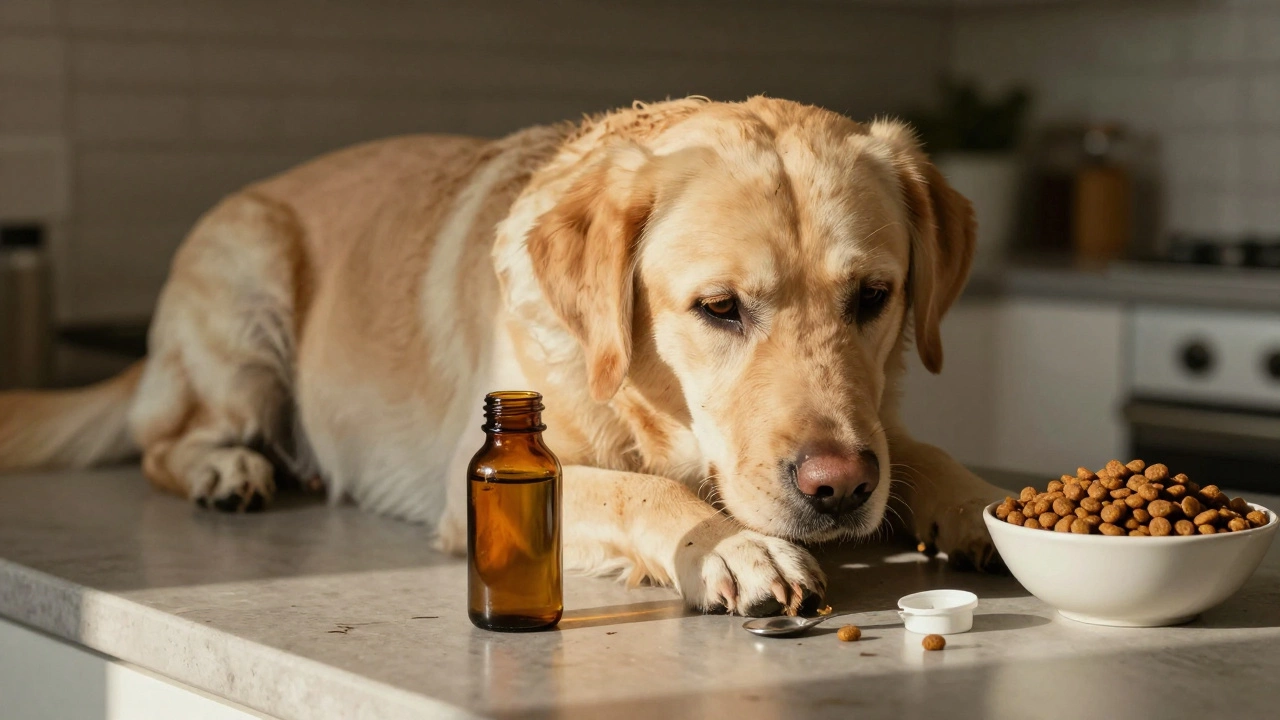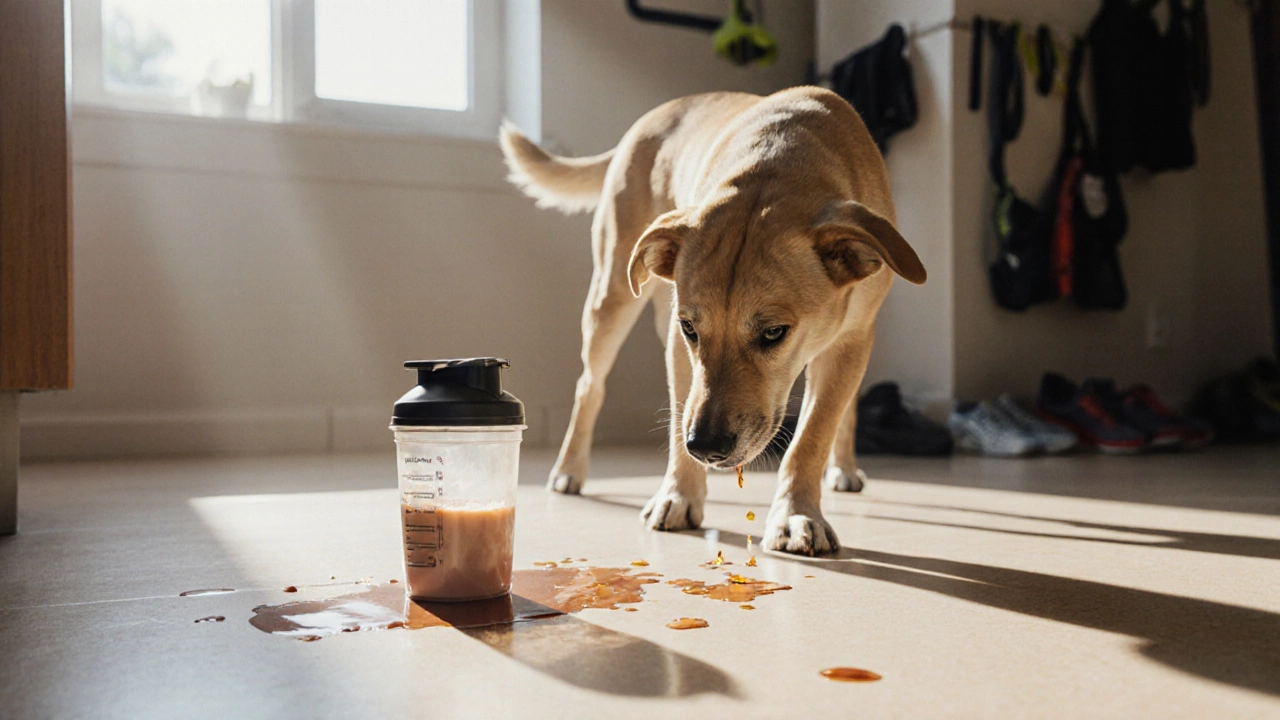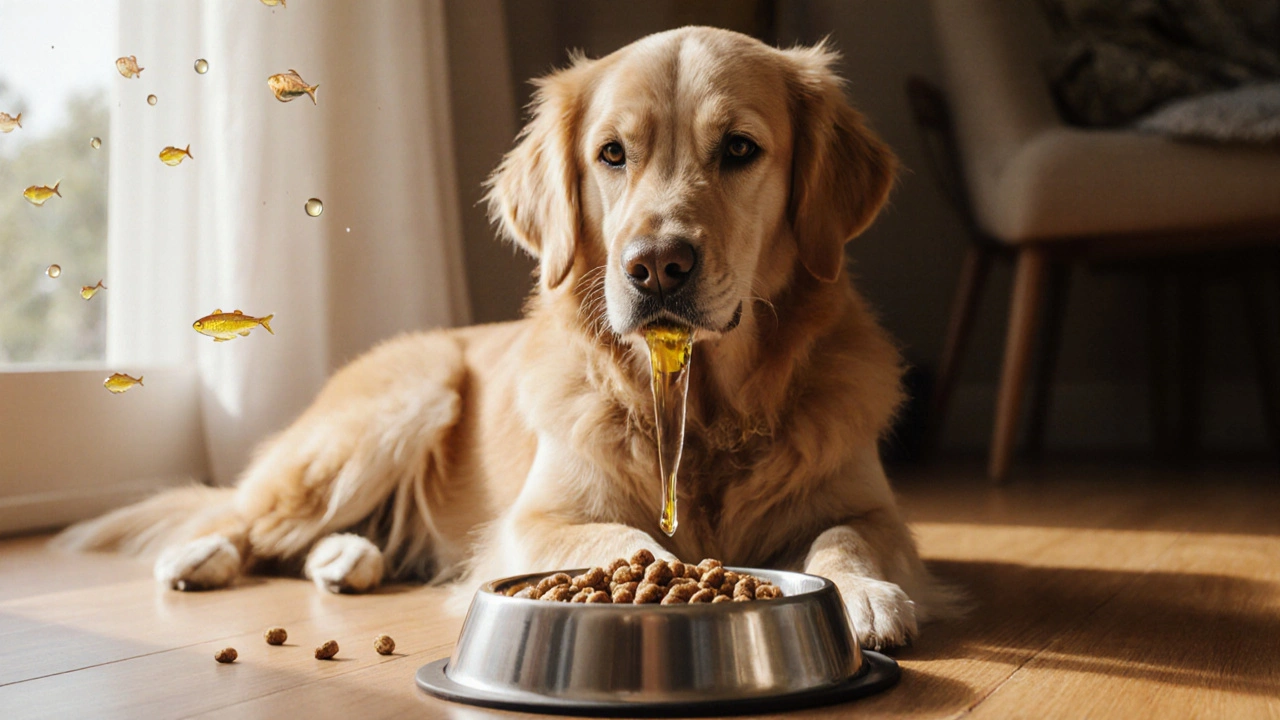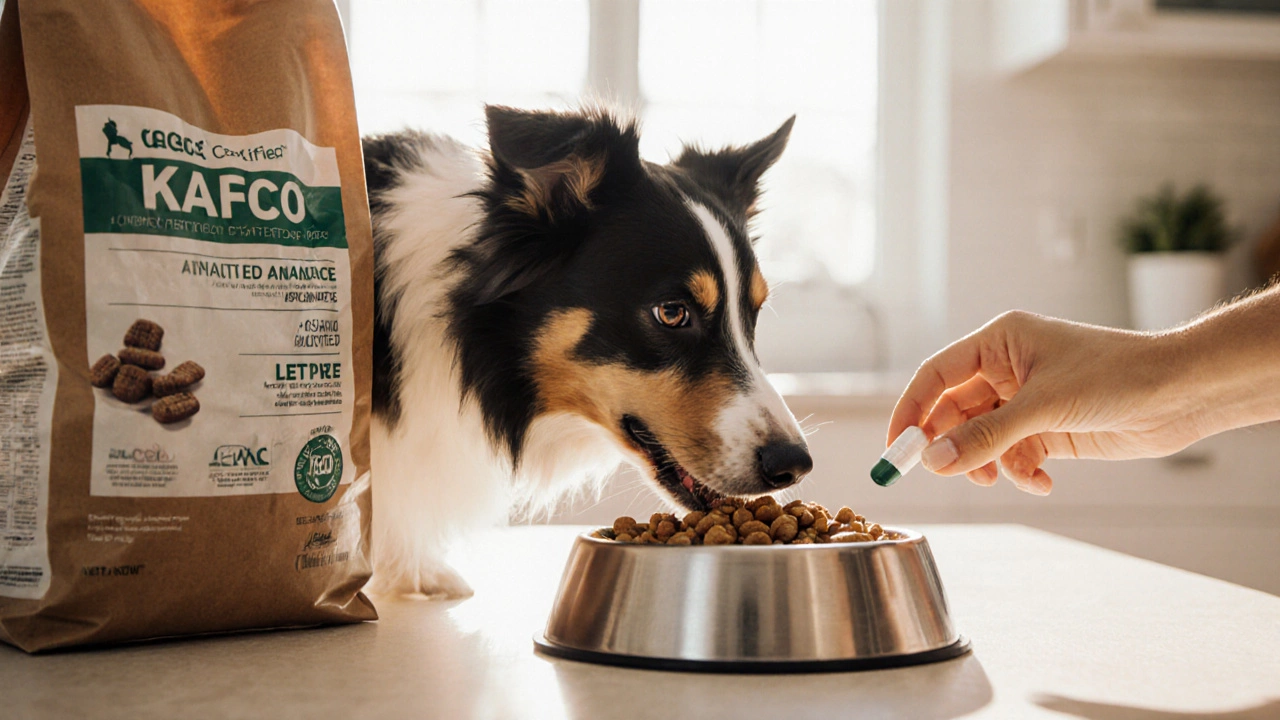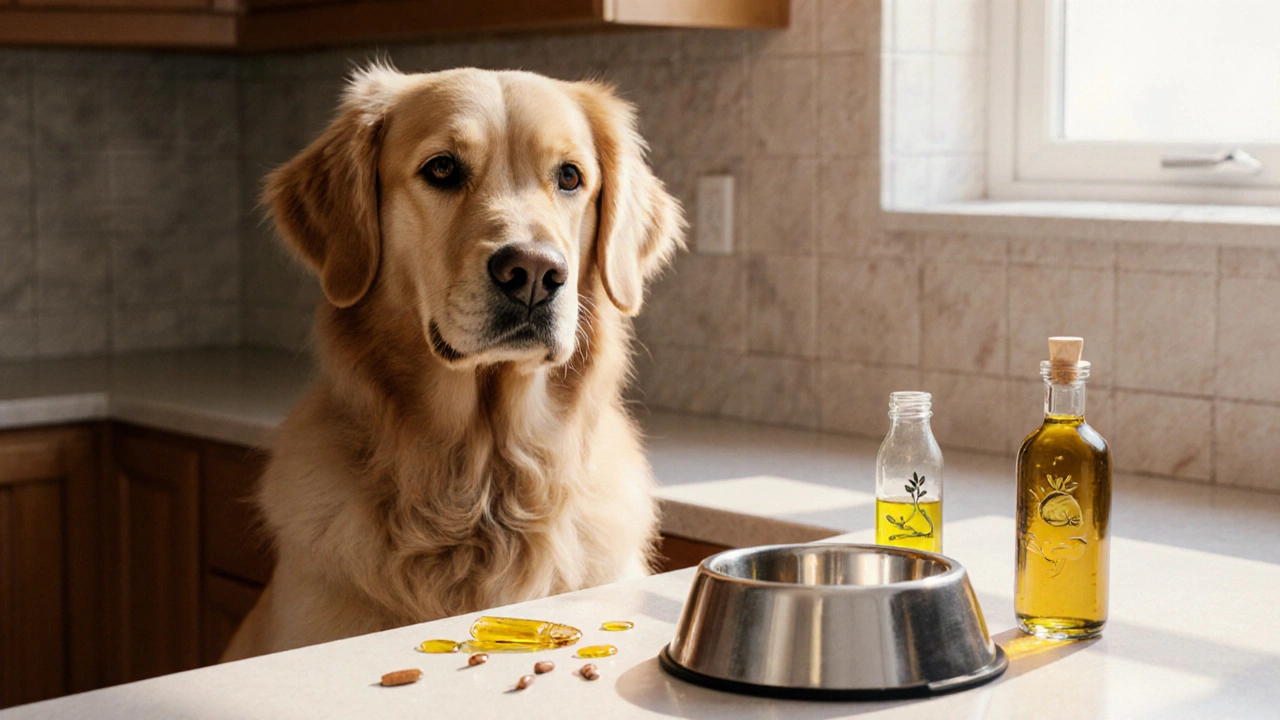Dog Health: Simple Tips for a Happier, Healthier Pup
Ever wonder why your dog seems sluggish after a new snack? Most of the time it’s not the treat itself but how it fits into the overall diet. Understanding what’s good, what’s risky, and how to balance everything can make a huge difference in your dog’s energy, coat, and gut health.
Nutrition Basics
Start with the fundamentals: a high‑quality protein source, a handful of healthy fats, and a modest amount of carbs. Adding fresh produce can boost vitamins and fiber, but not every fruit or veggie is safe. For example, bananas are fine in small slices – they give potassium and quick carbs – but keep portions under a few pieces to avoid tummy upset. On the flip side, grapes, cherries, and some citrus fruits can be toxic, so it’s best to steer clear.
Vegetables are an excellent way to add nutrients without loading calories. Green beans, carrots, and pumpkin are gentle on the stomach and help with digestion. Avoid onions, garlic, and leeks – even in small amounts they can damage red blood cells. If you’re unsure, stick to plain, cooked veggies without added seasoning.
Protein‑rich foods like lean chicken, turkey, and fish are the backbone of a balanced diet. When you add fish oils, you’re giving your dog a dose of Omega‑3 fatty acids that support skin, coat, and joints. The debate between fish oil and salmon oil often centers on cost and purity. Salmon oil is usually more concentrated and can deliver a stronger anti‑inflammatory effect, while generic fish oil is broader but may include lower‑grade fish. Both work; pick one that fits your budget and check the label for EPA/DHA levels.
Smart Supplement Choices
If you’re already feeding a complete commercial diet, supplements are often unnecessary. However, many owners add cod liver oil for extra Vitamin A and D. Daily dosing can be beneficial, but over‑supplementing can cause vitamin toxicity, leading to bone or kidney issues. Aim for the recommended amount based on your dog’s size and talk to a vet if you notice any changes.
Greek yogurt is another popular add‑on. It offers probiotics that help balance gut bacteria, plus calcium and protein. Choose plain, unsweetened varieties with no artificial sweeteners – xylitol is deadly for dogs. A spoonful mixed into wet food works well for most medium‑sized dogs.
When picking any supplement, look for third‑party testing, clear dosage instructions, and ingredients you recognize. Avoid products that list “proprietary blends” without details – you deserve to know what’s inside.
Beyond food, regular exercise and routine vet check‑ups are key. A brisk walk or play session at least once a day keeps joints lubricated and weight in check. Pair that with dental chews or brushing to prevent gum disease, which can affect overall health.
Putting it all together, think of your dog’s diet as a puzzle. Each piece – protein, veggies, fruits, fats, and supplements – must fit without crowding the others. Start simple, monitor how your pup reacts, and adjust slowly. If you ever feel stuck, a quick chat with a local vet or a pet‑care professional can clear up doubts and keep your dog thriving.
Ready to give your dog the best? Try swapping one processed snack for a fresh carrot stick, add a spoonful of plain Greek yogurt to dinner, and keep an eye on the label of any supplement you consider. Small changes add up, and your dog will thank you with wagging tails and shiny coats.
Top Dog Supplements for Health & Longevity in 2026
Discover top dog supplements for joint health, skin, and digestion. Learn what works, when to use them, and how to choose safely with expert advice.
What Are the Side Effects of Cod Liver Oil for Dogs?
Cod liver oil for dogs can improve coat and joint health, but too much causes dangerous vitamin A and D toxicity. Learn the real side effects, safe dosages, and better alternatives.
Are Protein Shakes Bad for Dogs? What Vet Experts Say
Protein shakes aren't safe for dogs. They often contain toxic ingredients like xylitol and can overload your dog's kidneys. Learn what to do if your dog drinks one and safer alternatives for boosting protein.
Should I Give My Dog Fish Oil? The Real Benefits and Risks Explained
Fish oil can help dogs with itchy skin, joint pain, and heart health - but only if given in the right dose. Learn how much to give, what to avoid, and how to choose a safe product.
Do Dogs Really Need Supplements? The Truth Behind the Hype
Most healthy dogs don't need supplements if they eat balanced commercial food. Learn when supplements actually help-and which ones can be dangerous-for your dog's long-term health.
Is Leaving Your Dog Alone Overnight Cruel? Risks and Practical Tips
Find out if leaving a dog alone overnight is cruel and learn practical steps, safe sleep setup, and alternatives to keep your pet happy and healthy.
Do Dogs Sense Bedtime? Understanding Canine Sleep Cues
Discover how dogs sense bedtime, read their sleep cues, and create a calming routine that ensures a good night’s rest for both pet and owner.
Can Leaving the TV On Calm Your Dog? Benefits, Risks & How to Use Ambient TV
Explore how low‑volume TV can calm dogs, when it works, what to avoid, and how to combine it with toys and other enrichment for reduced anxiety.
Dog Vaccination Risks: Key Cons Every Owner Should Know
Explore the downsides of dog vaccination, from mild side effects to rare severe reactions, and learn how to protect your pet while minimizing risks.
Olive Oil vs Fish Oil for Dogs: Which Is Better?
Find out whether olive oil or fish oil is best for your dog's skin, coat, joints, and overall health, with dosage tips, safety warnings, and expert FAQs.
Can Dogs Eat Bananas? What to Know Before You Share
Wondering if dogs can eat bananas? This article breaks down whether bananas are safe for dogs, the benefits and downsides, and how to feed them the right way. We’ll get real about portion sizes and digestion tips, plus when bananas fit (or don’t) in your dog’s diet. You’ll even learn how they compare to dog supplements. Perfect for dog lovers who want the facts before sharing a snack.
Healthiest Vegetables for Dogs: A Practical Guide
Wondering which veggies actually help your dog's health? This article digs into which vegetables are safe, nutritious, and worth adding to your dog's diet. You'll learn practical tips, discover what to avoid, and get real examples of how to prepare veggies your pup will love. We also clear up myths about feeding dogs vegetables. Boost your dog's well-being with the right greens—plain, simple, and backed by real info.


